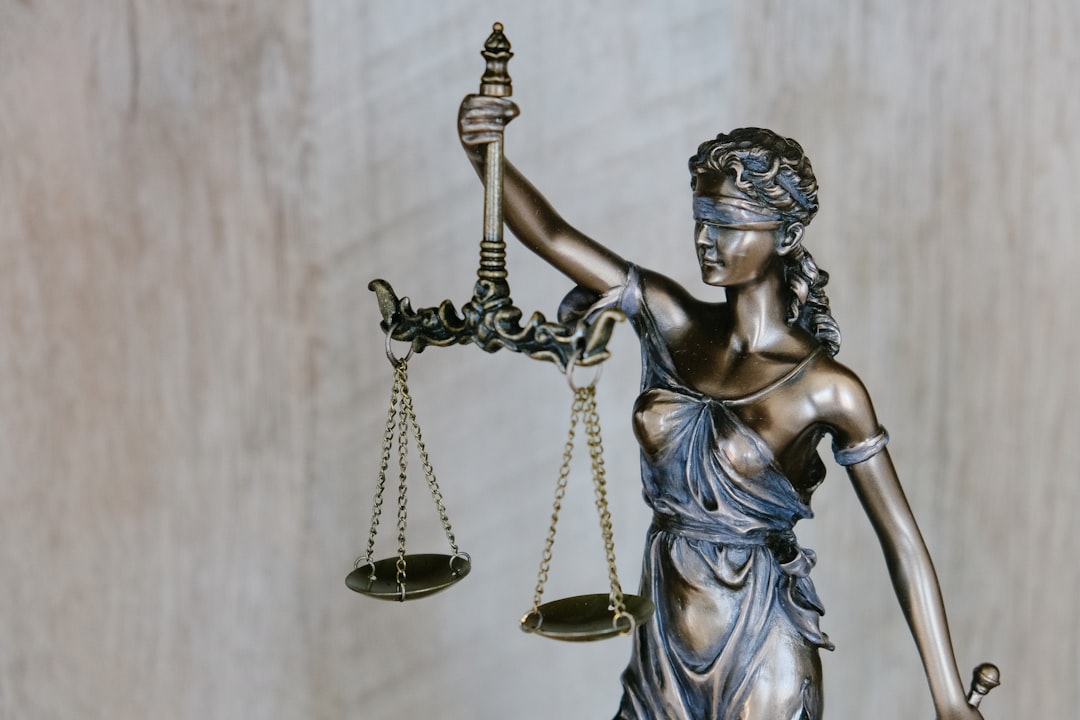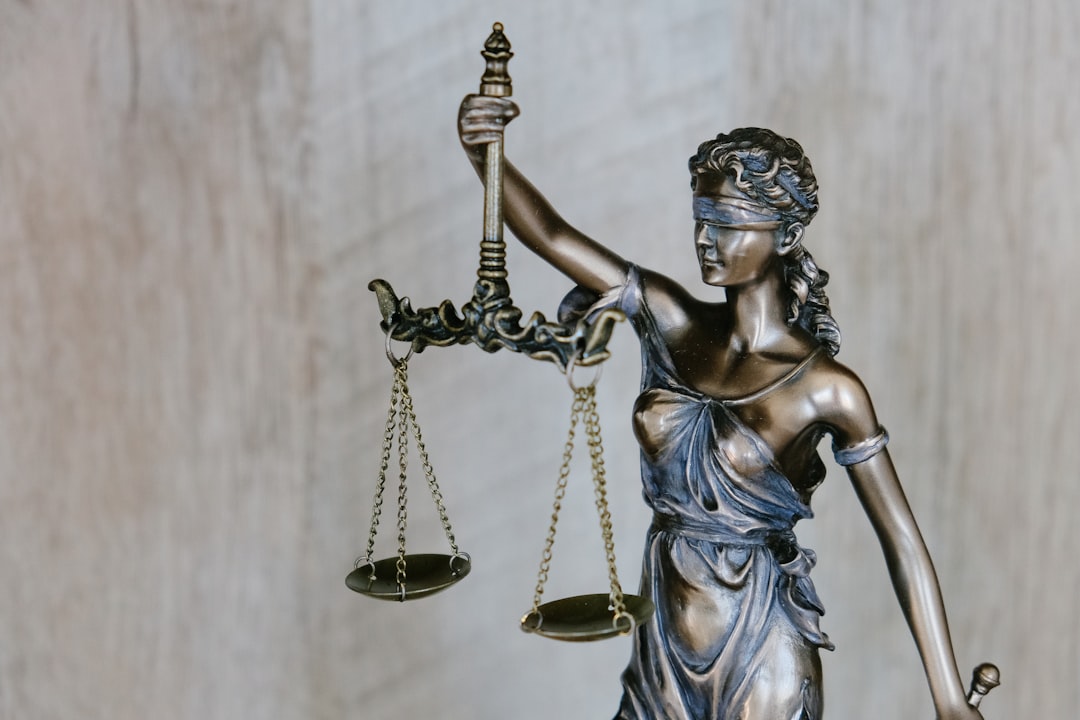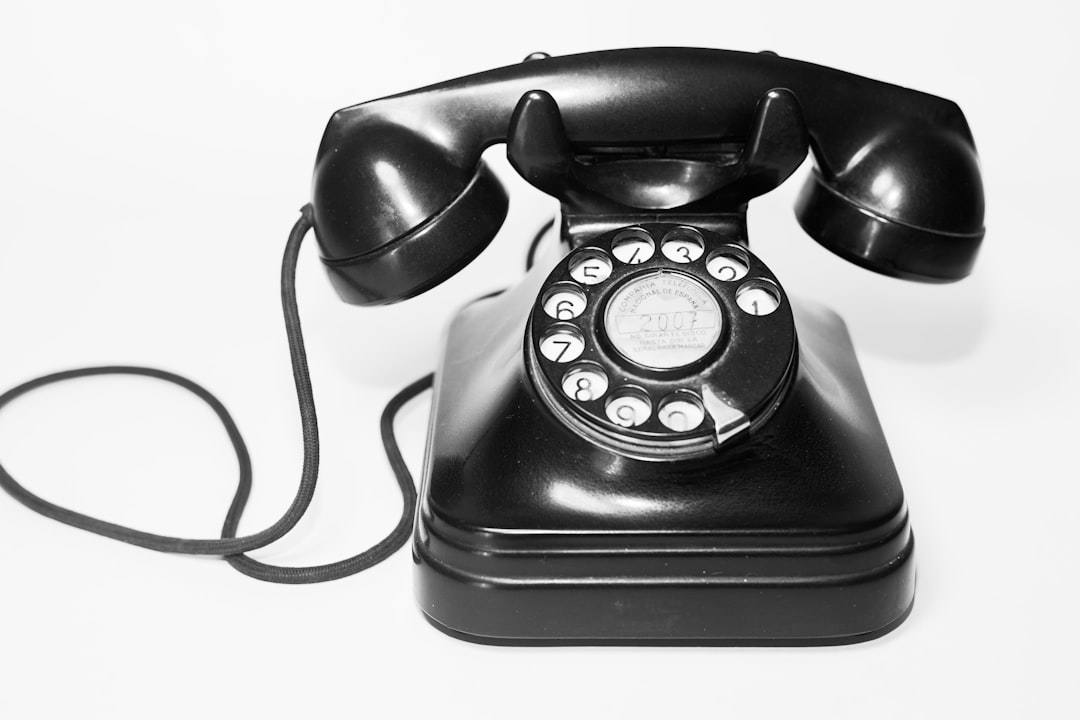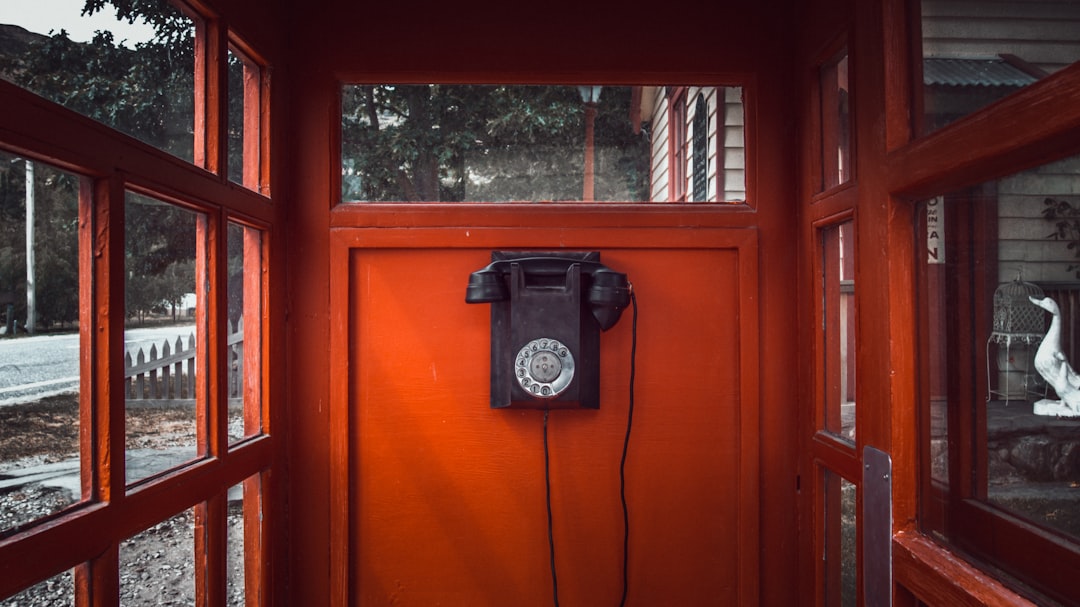Pennsylvania's Do Not Call laws, governed by the TCPA, protect residents from unwanted telemarketing. Philadelphia business owners engaging in sales or promotional activities must comply to avoid legal repercussions and maintain customer respect. Non-compliance incurs substantial fines and damages reputation. Consulting with Do Not Call Lawyers Philadelphia is crucial for navigating these regulations, understanding call times, and consent requirements to steer clear of legal issues.
As a business owner in Philadelphia, understanding and adhering to Do Not Call laws is crucial to avoid legal pitfalls. This guide navigates Pennsylvania’s regulations, exposing common loopholes that often trap businesses. We delve into Philadelphia’s unique restrictions and offer strategic advice to prevent violations. Discover effective methods to protect your business from unnecessary legal actions by following best practices and, when necessary, consulting with top-tier Do Not Call lawyers in Philadelphia.
Understanding Do Not Call Laws in Pennsylvania

In Pennsylvania, the Do Not Call laws are designed to protect residents from unwanted telemarketing calls and sales pitches. As a business owner in Philadelphia, it’s crucial to understand and comply with these regulations to avoid legal issues and maintain customer respect. The key law governing this area is the Telephone Consumer Protection Act (TCPA), which restricts calls made using automated dialing systems or prerecorded messages without prior express consent.
If you’re engaging in telemarketing activities, it’s essential to seek guidance from Do Not Call Lawyers Philadelphia to ensure your business practices align with state and federal regulations. These laws apply to a wide range of businesses, including those making sales calls, conducting surveys, or promoting products and services. Non-compliance can result in significant fines and damage to your company’s reputation.
Common Legal Loopholes and How They Affect Businesses

Many businesses in Philadelphia, especially those engaged in telemarketing or cold calling, often find themselves navigating a complex web of legalities surrounding the Do Not Call Laws. While the intent behind these laws is to protect consumers from unwanted calls, they can sometimes be exploited, leading to common legal loopholes that impact business operations. One such loophole involves the interpretation of “live operator” requirements, allowing certain businesses to bypass registration and restriction under the Do Not Call Lawyers Philadelphia regulations.
These loopholes can result in significant advantages for companies that are adept at exploiting them, but they also pose risks. Businesses might inadvertently violate consumer privacy laws or engage in practices that lead to customer backlash and legal disputes. Understanding these nuances is crucial for any business owner aiming to stay compliant while maintaining effective marketing strategies within the Do Not Call Lawyers Philadelphia framework.
Philadelphia's Unique Regulations: What You Need to Know

Philadelphia, a vibrant metropolis, has unique regulations regarding do-not-call laws that business owners must understand to avoid legal pitfalls. Unlike state or federal guidelines, these local laws cater specifically to Philadelphia’s bustling business landscape. They are designed to protect residents from unwanted telemarketing calls while ensuring businesses can effectively reach their target audiences.
Business owners in Philadelphia should be aware of the specific do-not-call restrictions, including permitted call times and requirements for obtaining consent. Consulting with a local Do Not Call Lawyer in Philadelphia is advisable to navigate these regulations effectively. These experts can help you understand the unique aspects of Philadelphia’s legal framework, ensuring your business complies with all relevant laws and minimizing the risk of costly legal issues.
Strategies to Legitimately Avoid Violations

Business owners in Philadelphia, facing pressure to connect with customers, often turn to various strategies to navigate the complex landscape of Do Not Call laws. Engaging reputable Do Not Call Lawyers Philadelphia can provide a robust framework for compliance. These legal experts guide businesses on refining their customer outreach methods, ensuring calls are made only to active subscribers and respecting individual opt-out choices.
One effective approach is implementing meticulous data management practices. Keeping accurate records of customer preferences, including Do Not Call requests, allows businesses to personalize their communication strategies. Utilizing automated systems for call routing and messaging can help minimize errors and ensure compliance with regulations. Additionally, providing clear and concise opt-in/opt-out options during initial customer interactions fosters transparency and builds trust, further mitigating the risk of legal violations.
Engaging with Do Not Call Lawyers for Business Defense

For business owners in Philadelphia, understanding and adhering to do-not-call laws is crucial for maintaining customer relationships and avoiding legal pitfalls. However, navigating these regulations can be complex, especially with evolving legislation. This is where engaging with specialized Do Not Call Lawyers Philadelphia becomes invaluable.
These legal professionals are adept at defending businesses against potential violations and providing guidance on best practices to ensure compliance. With their expertise, they help business owners navigate the intricate web of do-not-call rules, offering tailored strategies to protect against unwanted lawsuits and maintain a positive reputation.






